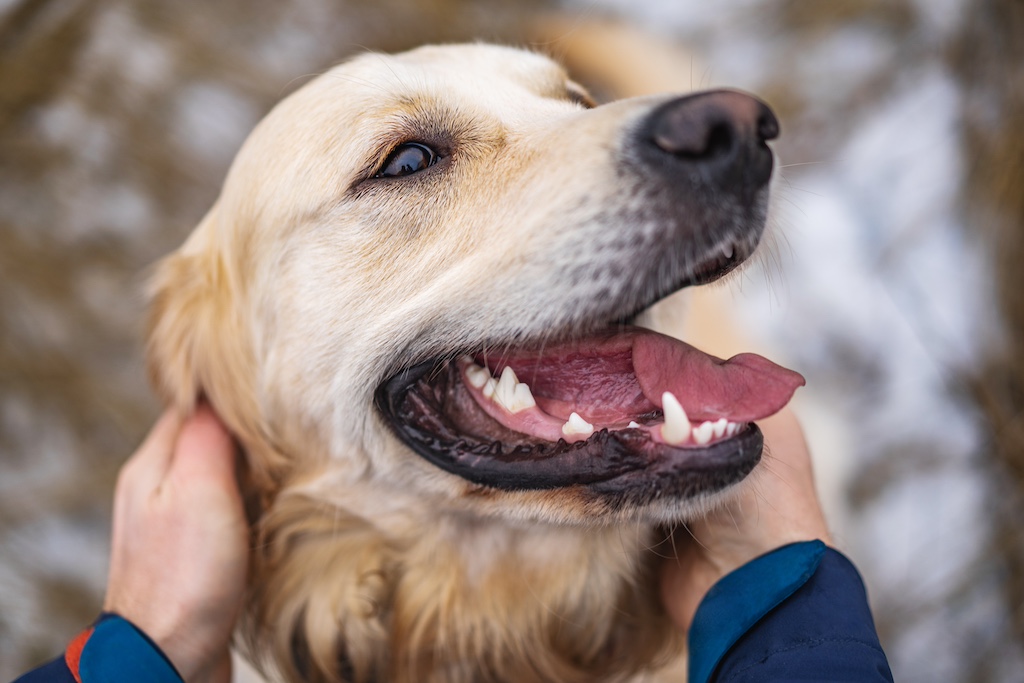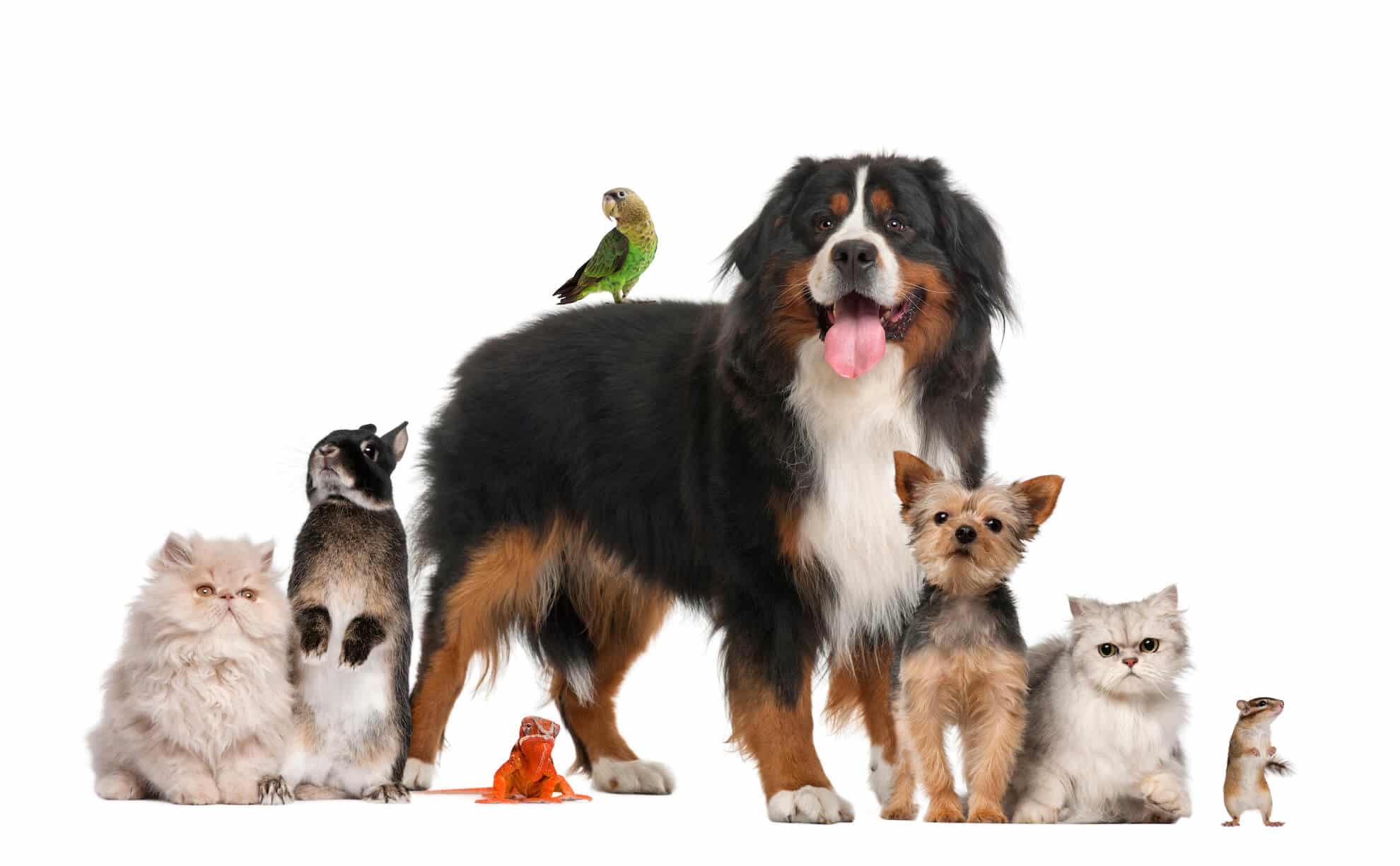
Pet Dental Care: Preventing & Treating Cavities in Pets
Langley Animal Clinic2024-04-25T21:18:53+00:00Comprehensive Guide to Preventing and Treating Cavities in Pets
To help keep your pet happy and healthy, this guide will explore the importance of pet dental care, the causes and symptoms of cavities and tooth decay, preventative measures, and more.
Importance of Dental Health in Pets
Your pet’s overall health and quality of life rely in part on proper oral care. Dental issues can lead to significant pain and discomfort that often results in difficulty eating and can lead to other issues such as heart and kidney disease. Poor dental health can significantly impact your pet’s vitality and longevity. Discover more about pet dental care services we provide.
Brief Overview of Cavities and Tooth Decay
Cavities are localized areas of tooth decay. In pets, they typically occur on the surface of the tooth where plaque accumulates. Just as with humans, leaving cavities untreated will allow them to progress, resulting in pain, infection, and possible tooth loss.
What Causes Cavities in Pets?
Plaque is a sticky film of bacteria that forms on the surface of teeth. When it combines with minerals and proteins in the mouth, it forms tartar, which can erode the protective enamel of the teeth causing cavities.
Poor dental hygiene, an inappropriate diet, and genetic factors can all contribute to the formation of cavities in your pet.
Signs and Symptoms of Tooth Decay
Some signs that can indicate tooth decay in your pet include swollen or bleeding gums, bad breath, excessive drooling, pawing at the mouth, reluctance to eat, and visible decay or discolouration of the teeth.
Regular checkups at your veterinarian are crucial for early detection of problems, allowing for timely intervention.
The Impact of Dental Disease on Overall Health
Dental issues affect more than just your pet’s oral health; bacteria from dental infections can enter the bloodstream and cause inflammation in organs such as the heart, kidneys, and liver. Good dental health, therefore, can help prevent several other serious health problems.
Prevention Strategies
Here are some of the ways that you can help maintain your pet’s oral health:
Daily Dental Care Routines: You can help prevent cavities and tooth decay by establishing a good dental care routine. Brushing your pet’s teeth with a pet-specific toothbrush and approved toothpaste is your most effective means of removing plaque and preventing the buildup of tartar.
Your pet may be resistant at first so start slowly, introducing them to toothbrushing gradually. They will become comfortable with it in time, especially if you make it a pleasant experience for them.
Professional Dental Cleanings and Assessments: An essential part of maintaining your pet’s oral health involves regularly scheduled professional cleanings and assessments with your veterinarian. These visits involve a thorough examination and cleaning of the teeth and can help detect issues before they advance into more serious problems.
The exact frequency of visits may vary depending on the individual needs of your pet and any risk factors unique to them. Learn about our procedure pricing.
Professional Dental Cleanings and Assessments: An essential part of maintaining your pet’s oral health involves regularly scheduled professional cleanings and assessments with your veterinarian. These visits involve a thorough examination and cleaning of the teeth and can help detect issues before they advance into more serious problems.
The exact frequency of visits may vary depending on the individual needs of your pet and any risk factors unique to them.
Dental Products and Toys: Many dental products are available that can help to maintain your pet’s dental health, cleaning the teeth as your pet chews. You may also want to consider water additives that can help to reduce the buildup of plaque and tartar between checkups.
Consult your veterinarian to see which products are suitable for your pet.
Treatment Options
The options available for treating your pet will vary depending on their specific needs and the severity of their dental issues.
Non-Surgical Treatments
Surgical Treatments
In more severe cases, surgical intervention may be necessary. Treatments include tooth extraction, root canal, or periodontal surgery to address infection, advanced decay, or periodontal disease. For your pet’s safety and comfort, these procedures will be performed under anesthesia. Read about our advanced dental treatments.
Following dental treatments, your pet will require the appropriate aftercare to aid in their recovery. Your veterinarian will provide instructions that may include administering medications, limiting activity, and providing soft foods. You will have a follow-up appointment to address any concerns and monitor progress in healing.
When to See a Vet for Dental Issues
Any time you notice the warning signs of dental issues, such as bad breath, excessive drooling, pain, or swollen, bleeding gums, it is important to seek medical attention. You should also schedule regular checkups to detect and address dental issues in their earliest stages.
What to Expect During a Dental Checkup
During your visit, the veterinarian will check your pet’s teeth and gums. Diagnostic tests such as X-rays may be recommended to assess the extent of dental disease, if present. You will also be given guidance for ongoing care at home.
Home Pet Care Tips
Brushing your pet’s teeth is as important as brushing your own and should be a part of their daily care. Use a pet-specific toothbrush and toothpaste to gently brush their teething a circular motion. Be patient if they are nervous or resistant, offering praise and appropriate treats to help make the experience more enjoyable for them.
Proper dental care products must be used for your pet. Human toothpaste, for example, is toxic to them. Your veterinarian will be able to provide you with information about the appropriate products that suit your pet’s needs.
Common Myths and Misconceptions
Some pet owners unfortunately believe that dental care is not necessary for pets because they can chew on bones, which scrape their teeth clean and stimulate their gums. In reality, however, bones can pose a choking hazard and may also cause dental fractures. Another popular myth is that if a pet’s breath is not offensive, their oral health is fine, but issues may be present even without a noticeable odour.
We all want to provide our pets with the best possible care. It’s important to remember that this includes proper dental care. Be sure to follow your veterinarian’s recommendations at home and schedule regular appointments to ensure not only good oral health but better health overall.
The best defence against cavities is a combination of daily dental care at home and regular dental checkups, along with a balanced diet that promotes dental health. Brush your pet’s teeth daily, offer dental-friendly treats, and schedule regular dental checkups with your veterinarian.
Your pet should have a minimum of one checkup per year, though the frequency will vary based on breed, age, their overall dental health, and other factors.
Yes. Left untreated, cavities can lead to systemic infection, organ damage, and choric pain. Good oral care protects much more than just your pet’s dental health.
Dental disease can affect any breed of pet, but some are more predisposed to dental issues. Check with your veterinarian to learn about any special needs specific to your pet.

